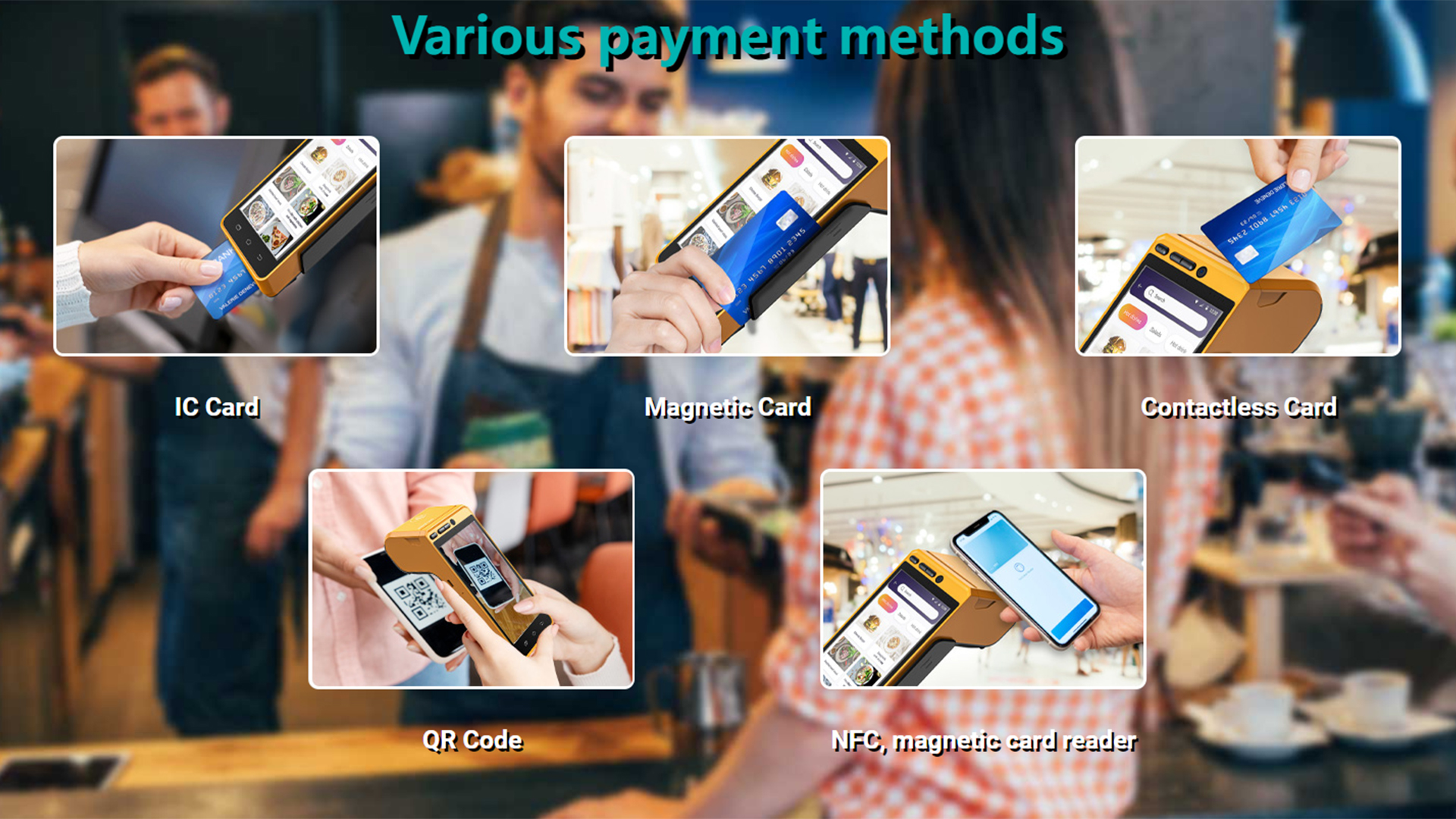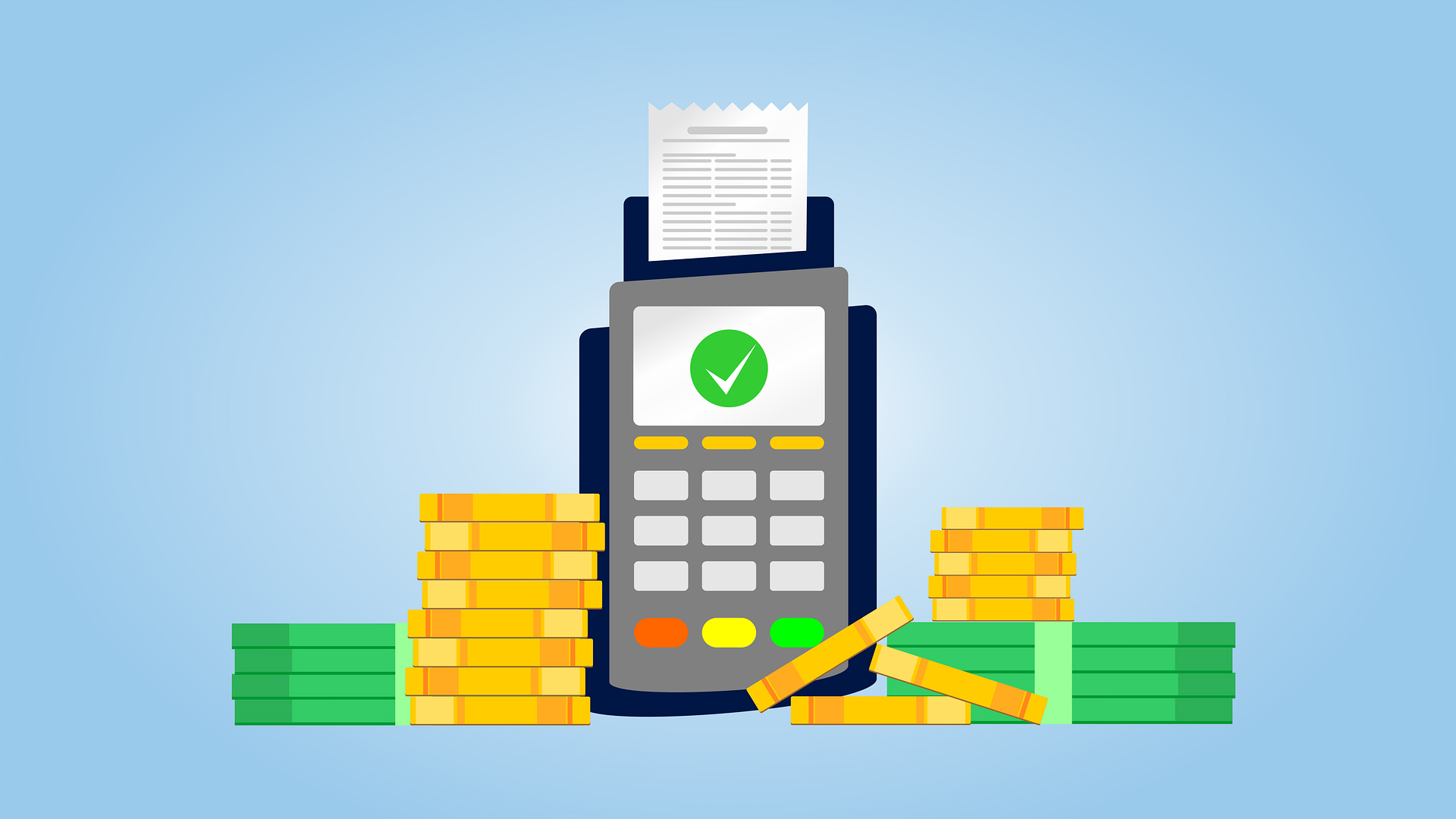Introduction to POS Terminals
Ever since the advent of digital transactions, businesses of all sizes have been on a quest to streamline their operations and provide a seamless experience for their customers. In this modern era where cashless transactions have become the norm, the importance of having a robust, reliable, and efficient POS terminal cannot be overstated. By the end of this guide, you'll have a clear understanding of what a POS terminal is, why it is an essential asset for your business, and how to choose one that best suits your needs. POS terminals are a very important part of any business. They are used to record the sales and receipts from the customers, which are then sent to the bank for payment. A good POS terminal will have an easy-to-use interface which will allow you to easily navigate through your business operations. These terminals can be connected to printers, copiers, scanners or other devices that need to be used by them.
Understanding What a POS Terminal is
A POS terminal is a hardware device or a software application used by businesses to process sales transactions. Apart from processing payments, modern POS terminals can also perform a variety of other tasks, such as inventory management, customer relationship management, sales reporting, and employee management. A Point of Sale Terminal (POS Terminal) is a computer and hardware combination used to accept payments. The POS terminal accepts credit, debit, prepaid and gift cards. These terminals enable merchants to process all forms of credit card transactions including cash advances through the use of an embedded microprocessor. A POS terminal can be used in retail stores, restaurants and other businesses where cash or checks are accepted as payment for goods or services. They can be used for in-store sales or online purchases from any retail website that accepts credit cards. A POS terminal contains all the information necessary to complete a transaction including name, address, phone number, email address, billing details and security codes for verifying identity during purchases.

Why Businesses Need a POS Terminal
POS terminals are an important part of running a business because they allow you to take care of your customers quickly and efficiently. You don't have to wait on them; instead, they can provide quick service in return for their money. It also gives you an opportunity to collect important information such as customer names and addresses, making it possible for you to send thank-you notes after the sale is complete. A POS terminal not only allows businesses to accept a variety of payment methods, but it also speeds up the checkout process, thereby improving customer satisfaction. Businesses need a POS terminal in order to run smoothly. A POS terminal is the main point of sale for any business. It is the only way a business can accept payments from customers. Without a POS terminal, you cannot run your business efficiently and effectively. A POS terminal is also used by employees at a company as they work on their tasks. For example, if an employee needs to pay for lunch with cash, they will use their credit card through the POS terminal. The same goes for other transactions that require cash, such as cashing checks or paying utility bills.
Key Factors to Consider When Choosing a POS Terminal
These include the type of service you want, the availability of your business and the price. The type of service that you want will depend on what kind of business you are running. If it is a restaurant, then you may want to consider a self-service POS system. This can be used by customers themselves to order their food and pay for it before they receive their food. You may also want to consider whether or not you need online ordering capabilities. This means that instead of having a person come into the store, they can order their food online and have it delivered to them at home or wherever else they need to be. You would have an order number which would be entered into the system when the customers order their food from your website or app. A self-service POS system can also be used by retail shops and other businesses where customers can pick up items from a shelf or counter and then pay directly for them using their credit card or debit card if required.

Analyzing Your Business Needs for a POS Terminal
Before you can choose a POS terminal, you need to thoroughly analyze the needs of your business. Do you need a terminal that can handle high-volume transactions? Do you need one that can track inventory and generate sales reports? Or do you need a basic terminal that simply processes payments? For example, if you run a restaurant, it might make sense to have a POS terminal that provides easy access to customer data and allows you to accept credit cards. If you run a store, it might make sense to have a POS terminal that is easily accessible by customers and has enough space to display items in your store.
Must-Have Features in a POS Terminal
While the features of a POS terminal can vary greatly, there are a few must-have features that every business should consider. A good POS terminal should be able to integrate with other business systems like accounting software and CRM tools. This allows for efficient data sharing and helps streamline business operations. POS terminals are a must-have in any retail environment. They are used to take payments, process orders, and make deliveries. They are also used as a point-of-sale system that includes an e-commerce platform. A POS terminal is a device that processes payments from customers, which is why it's important to ensure that the device you use meets your needs. In this article, we'll look at some of the must-have features of a POS terminal so you can choose the best one for your business.

Comparing Different Types of POS Terminals
There are several types of POS terminals available in the market, each with its unique features and benefits.
For instance, a traditional POS terminal is a standalone device that is ideal for businesses with a physical location. On the other hand, a mobile POS terminal is a portable device that can be used for businesses that operate on the go, like food trucks and pop-up stores.
Similarly, a virtual POS terminal is a software application that allows businesses to accept payments over the Internet. This is ideal for e-commerce businesses.
By comparing the different types of POS terminals, you can choose one that best fits your business model.
How to Choose a POS Terminal: Step by Step Guide
Now that you have a basic understanding of POS terminals, let's walk through the steps of choosing one for your business. Analyze Your Business Needs: As mentioned earlier, the first step in choosing a POS terminal is to analyze the needs of your business. Consider Your Budget: Once you have identified your business needs, you need to consider your budget. Remember, a POS terminal is an investment, and you should choose one that offers the best value for your money.
Compare Different Types of POS Terminals: Next, compare the different types of POS terminals available in the market. Consider their features, benefits, and costs.
Evaluate the Usability: Lastly, evaluate the usability of the POS terminal. It should be easy to use and should not require extensive training.

Mistakes to Avoid When Choosing a POS Terminal
It's not easy to make the right choice when it comes to choosing a POS terminal. The first thing you need to do is know what you want from the POS terminal, and then figure out if that particular one is going to meet your needs. You should also consider what kind of experience you'll have with the terminal, as well as how long it will be in operation. If it's going to be around for many years, then it makes sense to buy something that will last. If you're looking for something that has lots of features and functions that can be customized, then this might not be your best option.
Expert Tips on Selecting the Right POS Terminal
When you're choosing a POS terminal, there are a few things you should keep in mind.
First, do your research! You want to make sure that the device is compatible with the software that you'll be using. Also, check out reviews online to see what other people have said about the product, and how easy it was to set up and learn to use it.
Second, consider the size of your store or business. The bigger your establishment is, the more likely it is that you'll need a larger terminal than one that's just right for smaller stores or smaller departments within larger stores.
Conclusion: Mastering Your POS Terminal Selection
Choosing the right POS terminal is crucial for the success of your business. By understanding what a POS terminal is, why it is important, and how to choose one, you can make an informed decision that benefits your business. Remember, the best POS terminal is one that meets the needs of your business, fits within your budget, and offers the features you need to streamline your operations and enhance the customer experience. So take your time, do your research, and master the selection of your POS terminal.


 French
French German
German Arabic
Arabic Italian
Italian Spanish
Spanish Japanese
Japanese Persian
Persian Korean
Korean Chinese (Simplified)
Chinese (Simplified)









